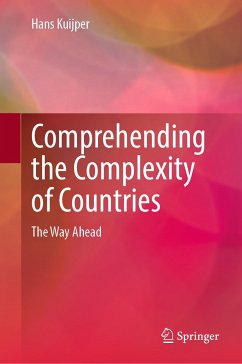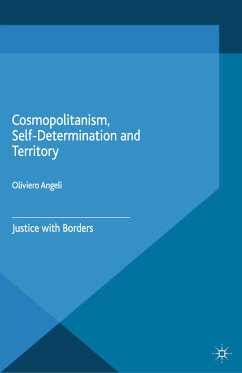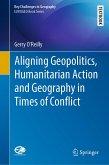This book argues for computer-aided collaborative country research based on the science of complex and dynamic systems. It provides an in-depth discussion of systems and computer science, concluding that proper understanding of a country is only possible if a genuinely interdisciplinary and truly international approach is taken; one that is based on complexity science and supported by computer science. Country studies should be carefully designed and collaboratively carried out, and a new generation of country students should pay more attention to the fast growing potential of digitized and electronically connected libraries. In this frenzied age of globalization, foreign policy makers may - to the benefit of a better world - profit from the radically new country studies pleaded for in the book. Its author emphasizes that reductionism and holism are not antagonistic but complementary, arguing that parts are always parts of a whole and a whole has always parts.
Dieser Download kann aus rechtlichen Gründen nur mit Rechnungsadresse in A, B, BG, CY, CZ, D, DK, EW, E, FIN, F, GR, HR, H, IRL, I, LT, L, LR, M, NL, PL, P, R, S, SLO, SK ausgeliefert werden.









